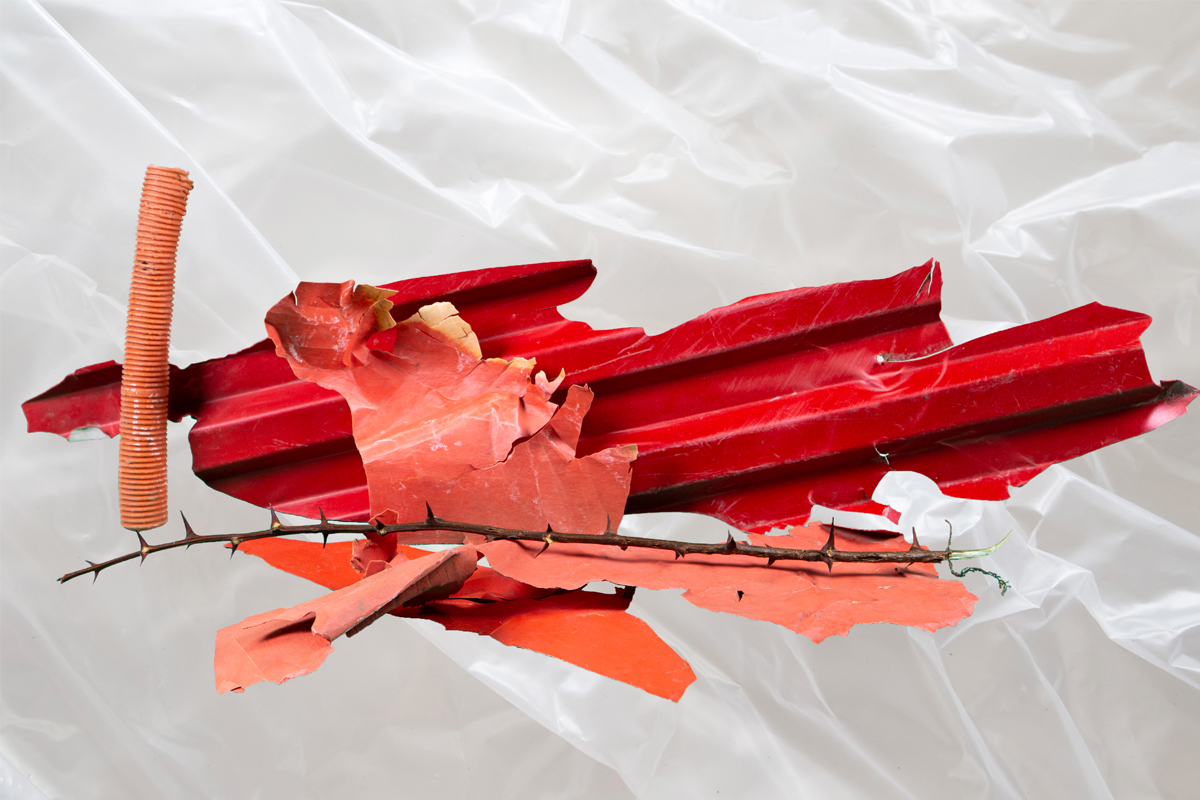Employees’ ecological potential. It is worth taking a closer look at the existing pro-environmental habits of employees. Perhaps there are people who take the initiative to educate others about correct waste sorting, share their knowledge about recyclable materials or are interested in ecological practices of work time management. It is worth finding out how we can draw from the experience of employees. Inspiration that comes from everyday practices is a good stepping stone for more complex processes (see: GREEN TEAMS).
Ecological education. The knowledge, interests and behaviours of employees are extremely valuable in disseminating good practices. Giving clear instructions and recommendations is important, as is the provision of the necessary infrastructure. For example, if we want to drink tap water, let us come to an arrangement with the team and provide carafes and glasses. To support the appropriate sorting of rubbish provide infographics with examples of which containers particular types of waste should go to. In some institutions, rubbish bins are removed from individual rooms and put in places where there is enough space for several containers for sorting. Instructions or incentives concerning the sustainable use of resources should be placed in well frequented places. It is also worth supporting the creation of self-learning groups, where employees can share their knowledge about ecology. (see: EMPLOYEES, GREEN TEAMS)
Switch off devices when not in use. Always switch off everything that is not in use and do not leave electrical appliances plugged in on standby. Use power strips to plug in electric appliances. This way you will not have to unplug individual devices.
Use tap water. In Polish cities, you can drink water straight from the tap without boiling. Usually, there is no need for a filter either – according to EU norms, tap water is filtered multiple times. There are people reluctant to use it saying tap water is not to their taste (adding mint or lemon may help), or the bad condition of water pipes makes water undrinkable (then the use of filters is necessary). Encourage your guests and participants of events to bring reusable bottles and ensure easy access to water. Also, make sure that reusable bottles are available to buy on the spot. If bottled water is needed, provide water in glass bottles. (see: BUILDING and ICT)
Controlling the temperature. It is worth ensuring that the rooms are not overheated. It is useful to install thermostats on radiators and take care not to cover them. With occasional ventilation there is no need to close the radiator valves. However, when windows are kept tilted for a longer time valves should be switched off because the heat escapes through the window. A similar principle applies to air conditioning. When we turn on the air conditioning, we should close the windows. Staff members should be advised on how to optimise air conditioning performance or settings should be made in advance. The air conditioning system also requires regular maintenance, otherwise it uses more energy than it should. (link: https://20stopni.pl)
Appropriate lighting. We should try and use natural light whenever possible and adjust the light to the type of work we do. Sometimes we need task lighting (e.g. for reading), and not necessarily general lighting. The maintenance of the lighting system also affects its energy efficiency. Let us ensure that it is cleaned regularly.
Waste reduction. It is worth taking a closer look at the purchases made and the appropriate sorting of rubbish. Make conscious choice of products in terms of packaging. The less packaging. the better. Alternatively, you can choose reusable packaging or packaging made from recycled materials. Choose products which can be reused and put them in appropriate containers.
Reduction of plastic consumption. This can be supported by practices such as drinking tap water from a glass rather than a plastic bottle. It is worth considering the complete withdrawal of single-use plastics from your organisation. This can be done in different ways. Single-use plastics are commonly used in catering. It is worth looking into other alternatives and use reusable crockery and cutlery. If you have to use disposable dishes – choose compostable ones (made of sugar cane, corn) or, if they are not available – biodegradable ones (made of bran, wood, paper). (see: EVENT PRODUCTION, PRODUCTION: MATERIALS)

Reduction of paper consumption. Introduce institution-wide default printer settings: double-sided print, grayscale, 80 percent saturation. It is worth reusing stationery, e.g. envelopes, partially printed sheets or post-it notes.
Paper towels or hand dryers. Neither of these solutions is ideal. Paper towels are single-use but hand dryers also use resources. Everything depends on energy production method, power consumption and paper towel disposal method. If an institution still uses paper towels, it is worth choosing towels from recycled materials. We should bear in mind that once used, paper towels end up in the mixed waste container, so it is impossible to recycle them. Paper towels should be accompanied by a notice saying that one sheet is sufficient to dry your hands. Dryers which use unheated air to dry your hands in 12-20 seconds and use less energy (about 1.5kW instead of 2.4kW) are a more sustainable choice than paper towels. [link]
Foodsharing places. The idea to share food appears in many areas of our lives. Foodsharing places take the form of refrigerators or cupboards in accessible places. Food containers should include ‘use by’ dates.
Stationery stock. It is worth sharing stationery instead of purchasing separate sets for each department. Remember to use stationery in a rational way.
Sustainable transport. It can be practised in various ways: by commuting to work by bike, public transport or car-sharing. Business travel is sometimes made with your own or rented cars. You may wish to think about various incentives for employees so that they choose sustainable transport. It is also worth defining permissible means of transport. Let us assume that plane journeys are not allowed on domestic business trips. The number of international flights during a year can also be strictly defined.

